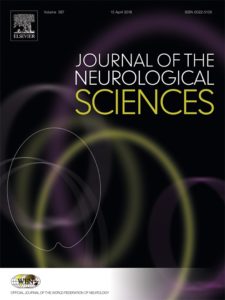Aim: This study undertook to use the K-D sideline test with the SCAT2 to see if concussions could be identified in amateur rugby league players over a representative competition period.
Methods: A prospective cohort study was conducted on two teams participating in an amateur rugby league. All players were tested for signs of concussion utilizing the K-D test and players with longer times than their baseline scores undertook a further concussion assessment with the SCAT2.
Results: Five athletes with suspected concussion were evaluated by K-D testing. Three concussions were associated with witnessed events during the matches and two athletes were identified by the team medic as having longer K-D time scores incidentally post-match compared to baseline. Post-match K-D scores for all concussed athletes were worse than baseline for those with reported or witnessed concussion events (7s; 5.0-7.1; p=0.025) and for those identified incidentally (>5s; 8.9-9.1s). Both groups also reported more symptoms on the PCSS (a part of the SCAT2) post-match.
Discussion: In this rugby cohort, the K-D test was not only useful in identifying changes in players with witnessed head trauma, but in identifying changes in players with an unwitnessed suspected concussion.
Summary Points:
- Out of 50 players total, there were 3 witnessed concussions, and 2 unwitnessed concussions identified during routine post-match K-D testing.
- Players with concussions scored worse than their K-D baseline (mean worsening of 7s) and reported more symptoms.
- The K-D test is a useful sideline screening test that is able to identify concussed players who have no apparent signs or symptoms.
- One player with epilepsy, scored 9.3s longer than baseline following 2 reported seizures, which supports that the K-D test is sensitive to neurological changes.

